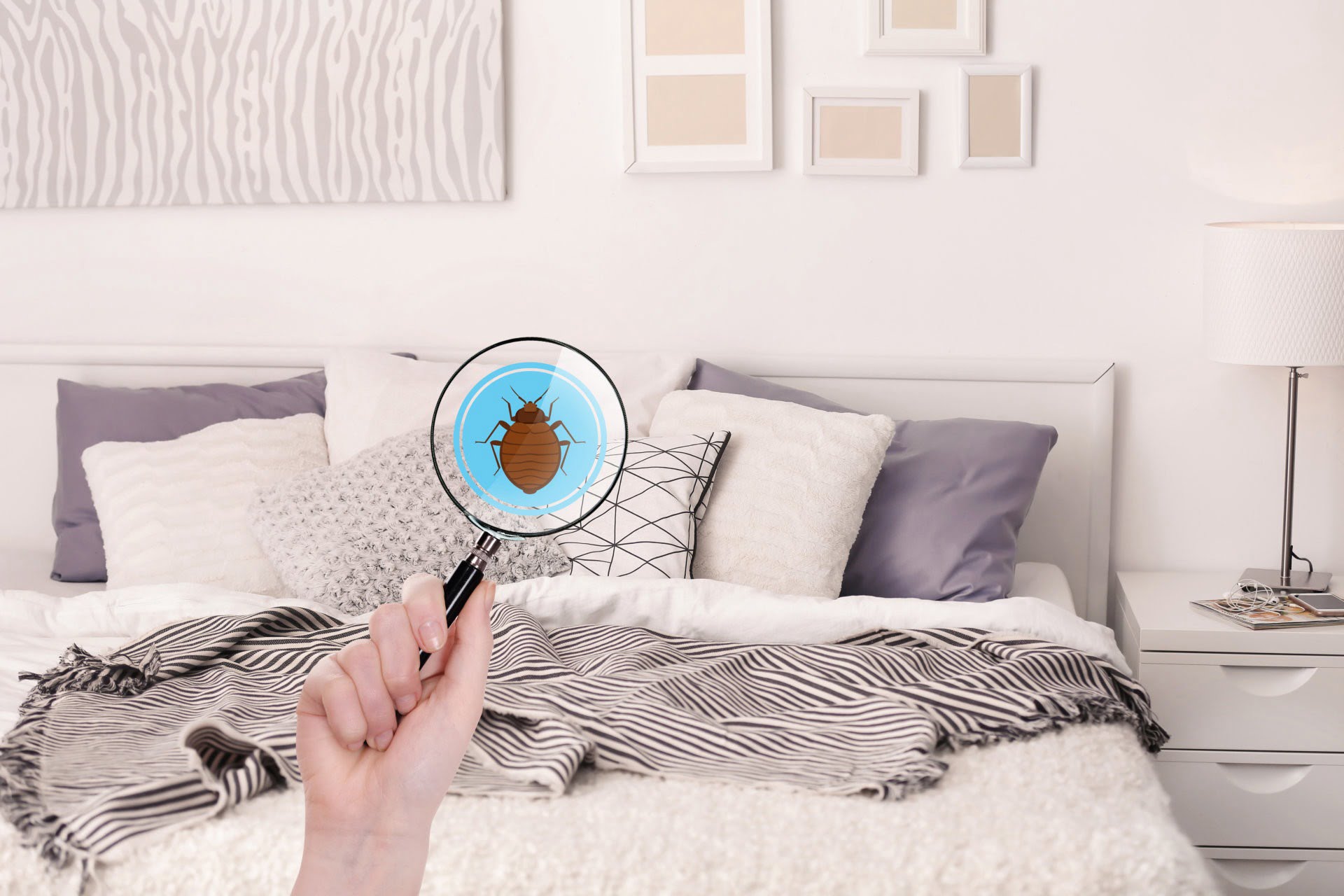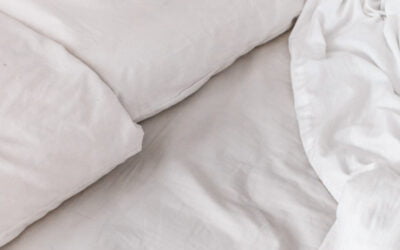Did you know that a staggering 44% of British adults now suffer from at least one allergy and the number of sufferers is on the rise?* And for 59% of indoor allergy sufferers, their symptoms feel worse in the bedroom*. But have you ever thought about how your mattress can impact your allergies? One of the most common triggers for indoor allergies is the dreaded house dust mite, and guess where they love to hang out? That’s right, your bed!
As we support Allergy UK’s Allergy Awareness Week, running from 21st – 28th April, let’s discuss if your mattress impacts your allergies and why it’s crucial to replace your mattress when it no longer provides the support or comfort you need.
How your mattress can impact your allergies
Your average mattress can harbour anywhere from 100,000 to 10 million dust mites. Considering that the average person sheds a pound of skin a year, much of it ending up in our beds, and we lose around half a pint of moisture each night while sleeping, it’s no wonder mattresses, especially old ones, are perfect breeding grounds for these pesky critters.
How to decrease the spread of allergens
For mattresses that are still relatively new and in good condition, airing the bed each morning and regularly cleaning mattresses, protectors, pillows, and blankets can help eliminate the conditions under which house dust mites thrive.
Regularly washing your bedding, ideally once a week, can decrease the spread of bacteria and allergens. Pillows should be swapped every two to three years and washed every three months. If hot washing is not possible, freezing the pillow for 24 hours before cold washing can effectively kill any mites.
Ensuring proper ventilation in the bedroom is vital, especially in today’s age of central heating and double glazing. A good cool breeze through the room at night can help combat dust mites and promote better sleep.
Here are some additional tips if you have allergies:
- Keep temperatures down and avoid flowers in bedrooms to reduce humidity levels.
- Refrain from drying clothes on radiators in the bedroom to prevent humidity from getting too high.
- Give your mattress a thorough cleaning by airing it outside if possible and rotating or flipping it. (All mattresses can be rotated, but only double-sided mattresses should be flipped over).
- Vacuum thoroughly under and around the bed to remove dust and fluff.
- Consider using a mechanical ventilator with pollen filters for severe pollen allergies.
- Install roller blinds that are easy to clean.
- Keep pets out of the bedroom and off your bed to reduce allergen levels.
- Clean cushions, soft toys, curtains, and upholstered furniture regularly.
- Use a vacuum cleaner fitted with a HEPA filter.
- Wipe surfaces with a damp, clean cloth instead of dry dusting to avoid spreading allergens further.
- Invest in bedding that protects against dust mites.
For further expert allergy advice, visit AllergyUK.org or call their helpline on 01322 619898.
This post was first published 23.04.21 and has since been updated and republished on 21.04.25.
*Sources: Allergy UK. The WELL Programme.






0 Comments